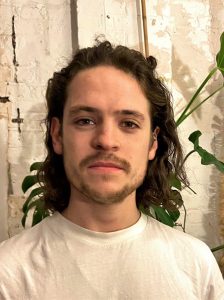 Patrick Walkden is a PhD student in the Department of Life Sciences, and part of the Imperial delegation heading to COP26.
Patrick Walkden is a PhD student in the Department of Life Sciences, and part of the Imperial delegation heading to COP26.
My area of research focuses on biodiversity responses to environmental change, including land use and climate change. Currently I am working to develop a biodiversity indicator that measures and tracks the functional intactness of an ecosystem compared to a baseline. That is, looking at the amount of functional diversity – the aspect of biodiversity that is related to ecosystem functioning, and ultimately Nature’s Contributions to People – retained in ecosystems since human influence. An indicator like this would allow us to identify areas of conservation priority, to project into the future under different potential climate or land use mitigation scenarios and identify what actions would yield the greatest biodiversity outcomes in these scenarios. (more…)
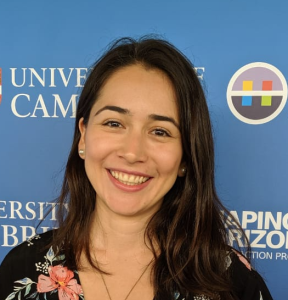
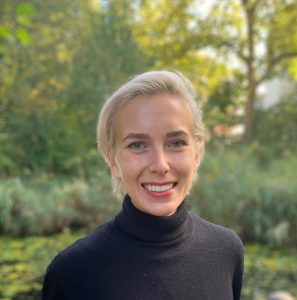
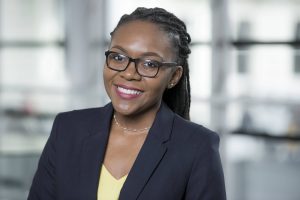
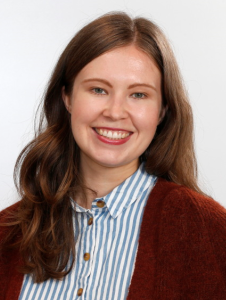
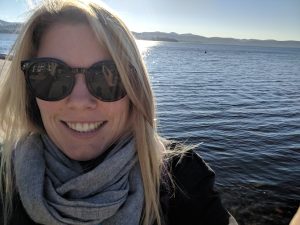
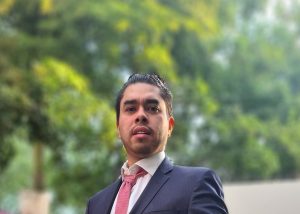
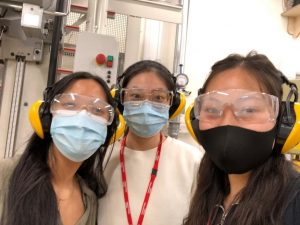
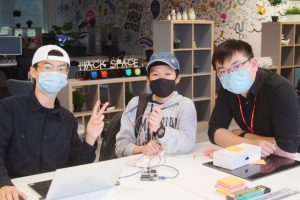 Undergraduate students Kin Weng Chao and Yuchen Lou (both Chemistry) and Way Gene Hoo (Chemical Engineering) took part in this year’s
Undergraduate students Kin Weng Chao and Yuchen Lou (both Chemistry) and Way Gene Hoo (Chemical Engineering) took part in this year’s 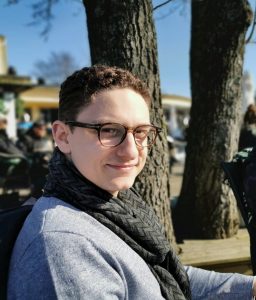 Chemistry PhD student, Filip Aniés, was awarded a
Chemistry PhD student, Filip Aniés, was awarded a